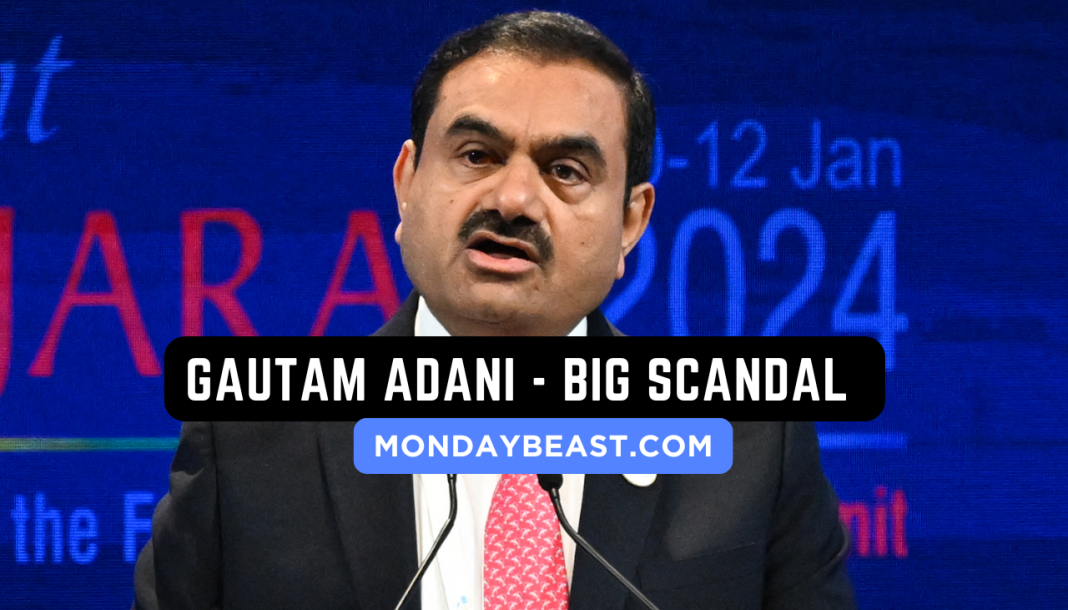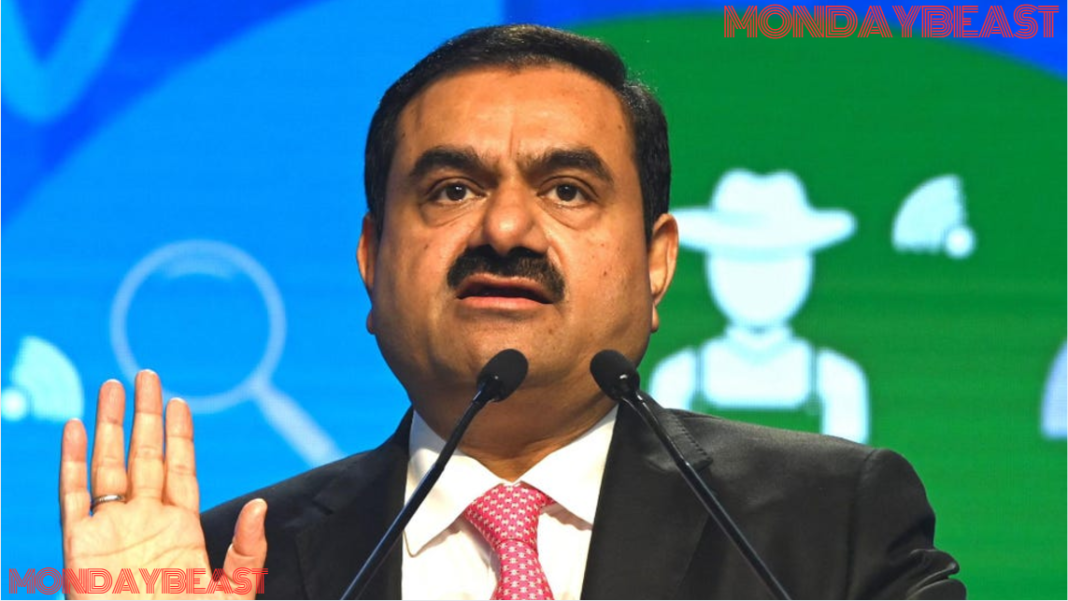Gautam Adani, one of the richest figures in the world, stands at the center of a massive scandal. The US indictment claims he paid over $250 million to Indian officials. This shocking news raises many questions: How did this happen? What does it mean for the industry?

The legal action comes from US prosecutors in New York. They allege that Adani, along with two of his nephews from Adani Green Energy, orchestrated these bribery schemes. His actions reportedly span from 2020 to 2024, all tied to solar contracts worth billions. It’s hard not to be taken aback by such revelations coming from one of India’s most significant business figures.
Bribery is not new in the global arena. Countries have long struggled with corruption. The implications here are massive, especially for American investors, as the indictment highlights violations of the Foreign Corrupt Practices Act. This law aims to keep American businesses operating on ethical grounds.

When allegations of fraud surface, it casts a shadow on the entire industry. The financial aspect is staggering. Adani Green Energy reportedly raised over $3 billion through loans and bonds. If these funds were achieved through dishonest practices, it could change everything in how we view investments in India.
Why was this allowed to happen? Can we trust the systems in place? Moreover, the indictment lists five additional individuals charged alongside Adani. Among them are two executives from an unnamed energy firm, while three others hail from a Canadian investment group. It seems this web of alleged bribery extends beyond Indian borders.

So far, none of the accused have been arrested. Seven live in India, and one resides in Singapore. The US has issued arrest warrants, but it is not clear how enforcement will work internationally. Can justice be served when the accused are so far from US soil?
The SEC has also stepped in, filing civil lawsuits against those named in the indictment. Financial accountability is critical in these matters. How will the Adani Group respond to these serious allegations? Their silence has been loud, or perhaps revealing.
Gautam Adani, a close ally of Prime Minister Narendra Modi, heads a conglomerate with deep ties in various sectors. His worth stands at $69.8 billion, according to Forbes. But wealth does not shield one from the law. This current scenario raises more questions than answers.
As the story develops, it forces us to reflect on corporate ethics. What does this mean for companies worldwide? Is there a clearer path toward transparency in business practices? The implications of this case extend far beyond one individual or company. It requires all of us to examine our values in business and governance.




